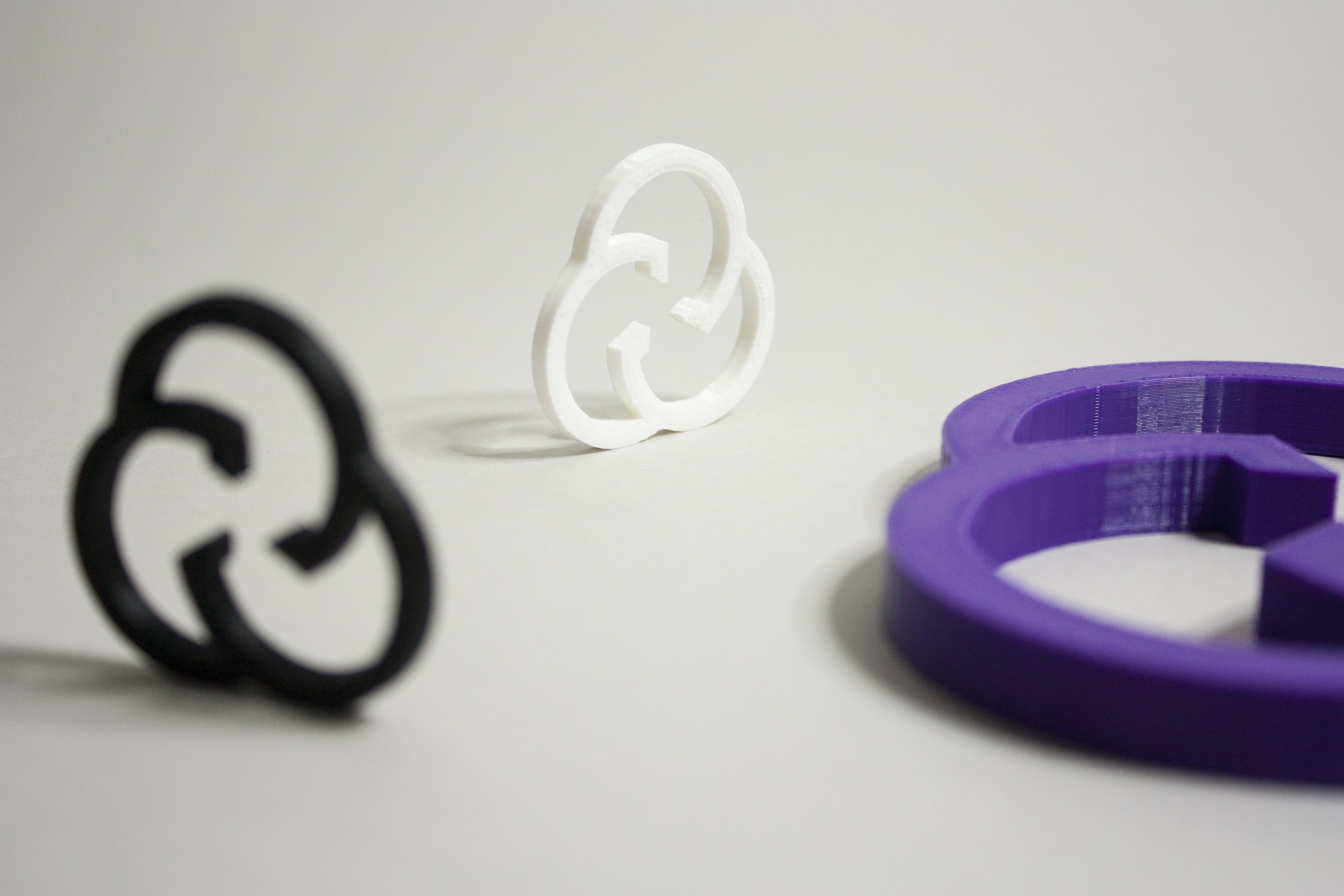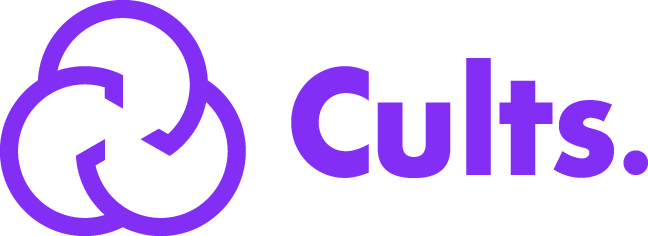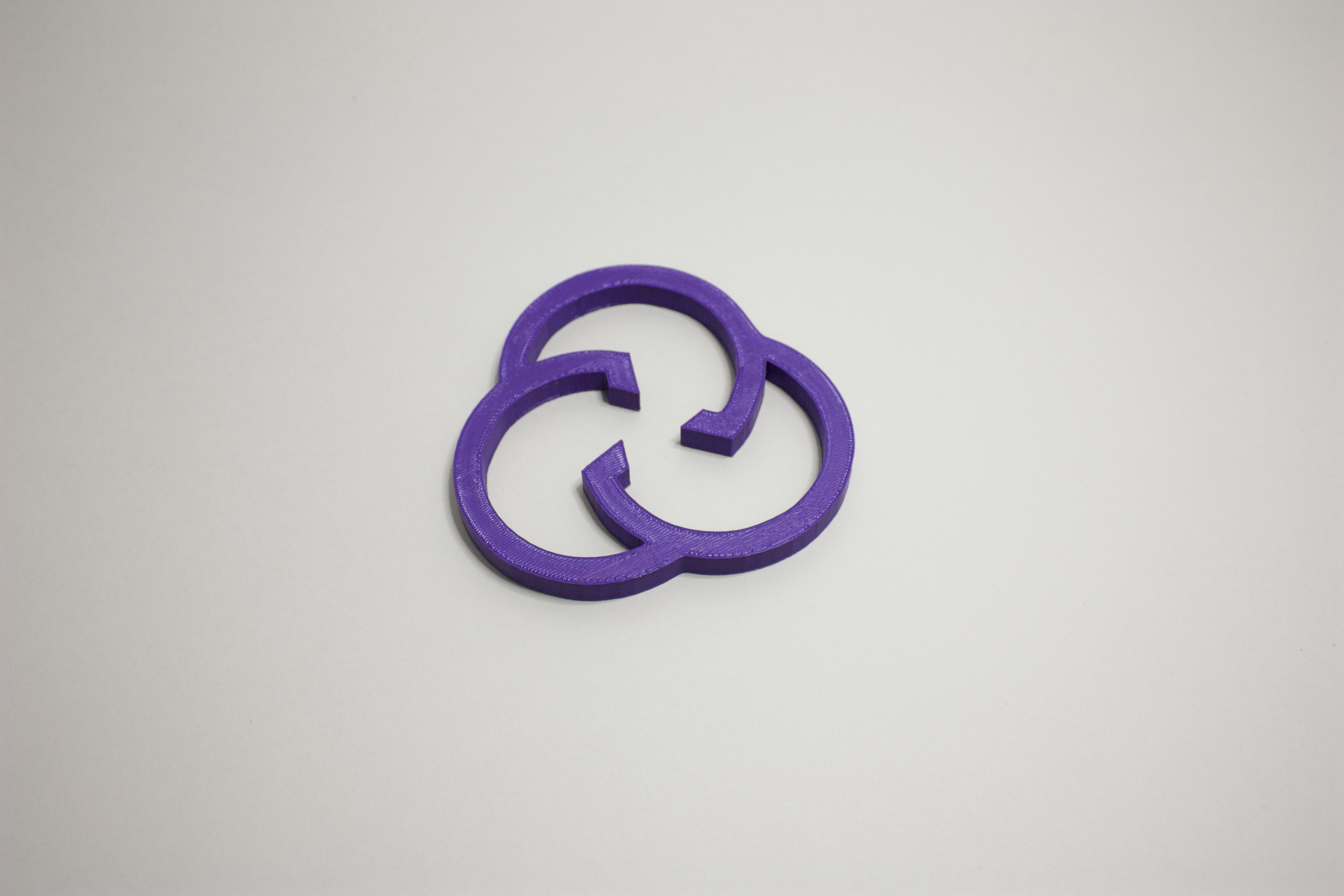How Cults 3D scaled a 2_6M-model marketplace across 7 languages with a team of 4
Cults 3D, the independent French marketplace for 3D printing, localizes millions of listings for its global community. With DeepL API, they were able to translate user-generated content on demand, whilst maintaining multilingual support at scale, and expanding into new regions. All without adding headcount.

Key Takeaways
Listings automatically translated on-demand, boosting global visibility after 100+ views.
Sellers now reach buyers in 7 languages and 24+ currencies, expanding market reach effortlessly.
The platform has attracted many new creators who prefer to publish in their own language.
The team is seeing near-zero translation complaints: no buyer and seller issues due to mistranslation.

The challenge: a global, creator-driven catalog that never sleeps
Cults 3D connects 3D printing enthusiasts worldwide: it’s a social network and platform for fans, designers, and makers to share, discover, and download 3D models. But with 2.6 million designs and constant uploads, manual localization wasn’t feasible, especially for a small, self-financed team of four based in France. At the same time, the audience is inherently international, making language access critical for discovery, sales, and support.
Before DeepL, the site was available in French, English, and Spanish. When the team decided to expand into German, Portuguese, Russian, and Chinese, they needed an API-driven partner that offered both quality and simplicity at a reasonable cost. “We initially used Google Translate, but found the costs and operating mode too high and complicated. That’s when we discovered DeepL,” explain co-founders Hugo Fromont and Pierre Ayroles, adding that partnering with a European provider was also important for their growing European marketplace.
Customer support in many languages
Multilingual support was another daily challenge. The team handles customer messages from around the world and relies on DeepL’s app to respond quickly and clearly in multiple languages.
“The international nature of our community represents a real challenge, particularly in terms of customer relations. In addition to the API, we use the DeepL application on a daily basis to respond to requests in numerous languages.”
Hugo Fromont, Co-Founder of Cults 3D

The solution: DeepL API for on-demand, high-quality translation
With millions of listings, including many niche models that attract only a few downloads each, the team needed a selective translation approach. Their goal was to present quality translations where demand exists, while keeping costs and workload manageable (considering their lean operation).
Cults 3D integrated the DeepL API to translate listings once they show traction. “We translate as soon as a file is displayed more than 100 times. Otherwise, it’s displayed mainly in the language in which it was written,” they explain. This approach lets the marketplace prioritize popular designs while preserving the original content for reference.
Quality and accessibility were the deciding factors. With DeepL, technical terminology common in 3D printing is “perfectly understood,” helping creators communicate the nuances of their models accurately across languages.
“It simply allows us to easily reach many international markets. It enables us to reach customers, but above all designers, who prefer to use and sell on a platform that is perfectly translatable into their own language.”
Pierre Ayroles, Co-Founder of Cults 3D
Clear, consistent, transparent
Cults 3D clearly labels machine-translated pages and keeps the original version available for reference. For site navigation and other critical interface text, the team relies on professional translators to ensure precision and consistency.
They also allow members to set and display their preferred language and recommend DeepL to help creators and buyers communicate more clearly. To avoid ambiguity, the marketplace does not translate file names, tags, or metadata.
“It’s very, very rare for people to contact us to tell us that a listing has been badly translated, and we’ve never had to deal with a problem between buyer and seller because a listing hadn’t been properly translated. That’s very pleasant and reassuring for us.”
Hugo Fromont, Co-Founder of Cults 3D

The results: broader reach, happier creators, more languages
This API-first approach has helped Cults 3D not only reach new customers but also attract niche creators. “In general, transactions are increasing on the site, but opening up to new markets has clearly been a strong driver for both the platform and its growth,” explain the co-founders. “It has enabled us to reach new customers, but, above all, new designers in niche markets who are not necessarily able to speak English.” The team notes that the impact is particularly visible in Brazil and across South America, thanks to Portuguese and Spanish translations.
User feedback reinforces the quality, and creators also report tangible benefits. “We’ve had a lot of feedback from designers who are very proud to be able to sell their creations to the four corners of the world. It’s increased not only their sales but also their satisfaction,” says Pierre.
Operational simplicity, built in
Adding additional languages is straightforward for the small team. As Hugo and Pierre explain:
“From now on, it’s quite easy for us to add languages, especially using the DeepL API. The most time-consuming part is hard-translating the site shell.”
And while the API didn’t replace their existing manual workflow, it enabled global visibility for a small team that previously couldn’t scale translation beyond a few languages. Next up on the list? Italian.
Ready to build with the DeepL API?
Design custom workflows that accelerate global growth with DeepL’s Language AI.
- 2.6M+designs
- 70Kdesigners
- 200Kdaily visits
Leverage DeepL’s advanced Language AI
Explore how your team can transform global communication with one comprehensive solution for all your language needs.